Tom Howard is an Illinois-based attorney who specializes in banking and cannabis business, and he is an author who has written two works of historical fiction about the prohibition of cannabis.
In this Ganjapreneur.com podcast episode, Tom joined our host TG Branfalt to talk about the state of the cannabis industry; the hurdles that cannabis professionals, entrepreneurs, and attorneys still face; whether or not the industry should be concerned about a federal crackdown, and a whole lot more.
Tune in via the player below, or scroll further down to read a full transcript of the interview!
Listen to the interview:
Read the transcript:
Commercial: This episode of the Ganjapreneur Podcast is sponsored by Cova, the leading compliant point of sales suite for cannabis retailers and delivery services. Cova was developed to address the needs of retail businesses in California, Colorado, Washington, and Canada. Cova integrates the state traceability systems such as Metric and Leaf, as well as a wide variety of other business tools such as Baker, SpringBig and I Heart Jane. Cova also has built-in compliance features such as looping alerts when purchase limit is exceeded, automated sales tax, and instant age verification with ID scanning. Discover the next evolution of cannabis retail software today at covasoftware.com.
TG Branfalt: Hey there, I’m your host TG Branfalt and you are listening to the Ganjapreneur.com podcast where we try to bring you actionable information and normalize cannabis through the stories of ganjapreneurs, activists and industry stakeholders.
Today I’m joined by Tom Howard. He’s a cannabis industry attorney based in Illinois and the author of Satan Smoke and the Case of U.S. v. Yerbas, which are historical fiction reads which we’ll talk about. But before we do that, I want to get to know about you. How’d you get involved in the cannabis space?
Tom Howard: How did I get involved in the cannabis space? I guess as a freshman or sophomore in college, and I came by cannabis. Everybody kind of grows up and they just take things as they come, so they don’t really question them. By the time I got to law school when I was in my mid-twenties, then you’re learning about laws and what’s behind this marijuana stuff. I started looking into that and it blew my mind.
Just from a legal standpoint of how, and also I was a history major in college. The extent of this whitewashing of truth to ram a government policy that they wanted down the entire population and they would plug their ears to any facts and close their eyes to any facts that would say that they’re wrong, which was just amazing. Have you ever heard of, what is it, part F of the Controlled Substances Act?
TG Branfalt: What specifically does that talk about?
Tom Howard: That’s the one where in order to get the Democrats to go along with it, they actually had to shoehorn this thing onto the CSA, the Controlled Substances Act that has marijuana Schedule 1. They commissioned a study, beginning with the Shafer Report that came out in early 1972, that said oops, we got it wrong and marijuana should actually be decriminalized. They didn’t give a shit.
There was an entire Schedule, or Part F, of the Controlled Substances Act to study marijuana and determine it’s proper classification.
TG Branfalt: Yes. Yes.
Tom Howard: That study said oops, decriminalize it and they never did. That was 1972, so I always think marijuana legalization is right around the corner and when I get really excited I remember that.
TG Branfalt: I do want to talk to you a little bit later on about the federal case that recently occurred, but before that I want to talk to you about federal policy. Let’s start first with the will they or won’t they current federal policy. Last year, Sessions rescinds the Cole memo, there’s no crackdown, but obviously people are worried. Trump just a couple weeks ago at this point, maybe even less, vowed to protect the programs following his row with Senator Cory Gardner over him blocking Justice Department nominees.
In your opinion, with this sort of wishy-washy federal policy, how worried should cannabis industry operators be about federal crackdown?
Tom Howard: About federal crackdown, you see, I don’t think they should be all that worried about it, but that’s only because it’s political suicide. It’s become so popular and so widespread now that, to take an action would be a very untenable position.
TG Branfalt: We also have the FinCEN protections, which the agency released a directive saying we’re not gonna crack down on financial institutions that are doing business with state legal cannabis producers. Despite this, several banks have pulled out of the space. Why do you think banks are so sketched out when they have this federal protection from the agency that enforces their regulations?
Tom Howard: A lot of banks pride themselves on being very conservative lending institutions and employing safe and sound banking principles. In my practice, besides doing marijuana, I pretty much exclusively represent banks in high commercial finance. The reason for that is because technically all of that is money laundering. You are going to try to put a bank in a position to say it’s a safe and sound banking practice to always engage in money laundering, which of course it’s not. That’s one of the reasons why they don’t.
Not only that, Jeff Sessions’ memo from January of this year kind of surprised everybody, including FinCEN, which FinCEN is the Department of the Treasury. Department of Justice of course is a separate one. What happened was, on January 4, Sessions revokes the Cole Memo and all these other memos that T said rescind, but still, it basically means you terminate it.
Then he threw into disarray the FinCEN guidance that expressly relied upon the Cole Memo. Now you have some guidance that’s expressly relying upon something that doesn’t exist anymore because it’s been rescinded. They were really nice and they got flooded with emails and they returned mine. They said that they are still respecting the FinCEN guidance from 2014. You turned to more federal developments with Trump promising Gardner that he’s not going to step up enforcement.
It depends on what you say step up enforcement. Now, that’s why it’s out of Colorado because they have full legalization, full adult use. Regulated, it’s what you should do if you were actually regulating a thing in accordance with the original federal study on it, which gets back to the CSA, it’s hilarious. They regulated marijuana, Congress did, in 1970 without knowing what it did. They said it was like heroin, then they did the study after they equated it to heroin, but they never listened to the results of the study. It’s terrible.
But Schedule 524, something like that, of the budget every year has defunded the war on medical marijuana. The Department of Justice and Jeff Sessions gets no money, no matter what his memo says, to go after the medical marijuana businesses. However, that does not apply to the full legalization, of course. In theory, Jeff Sessions does have some money to go after the people in Colorado that are doing full adult use and that’s why Cory Gardner was holding up Department of Justice nominees until he got that tacit approval from the Donald Trump that he’s not going to enforce the law. Which, in theory he could, he has the money to do it.
TG Branfalt: With this, again, wishy-washy federal policy, that’s where we’re at right now, do you think that cannabis industry operators should be considering moves toward cryptocurrency or cashless card-based systems and what are the pros and cons of making this adjustment?
Tom Howard: The cryptocurrency market’s extremely volatile because you have to convert it into and out of dollars to be able to pay your vendors and whatnot. If you’ve seen the price of bitcoin, it went from 0 to 20,000 and now it’s what, at half that, a little less than half of that. There’s a lot of manipulation in those types of currencies because you have to get them into and out of dollars and that dollars create a problem in the sense that if you got a rack, and by that I mean like $10,000 with a little band around it, you have to watch out for those things because that triggers what they call suspicious activity report for the bank. That bank then has to log it.
Then of course it also gets into the Patriot Act because the Patriot Act trying to stop a lot of that terrorism and terrorism deals in cash. Cash, you can’t trace it. That’s one of the nice things about cash. So you have all those problems that are going on and I can’t even remember what the question was.
TG Branfalt: If you think that industry operators should move towards a cryptocurrency or cashless card based system.
Tom Howard: The cryptocurrency, no, the cashless card based system, yes, because the cashless card based system, you are still using cash, it’s just that you’re setting up a cash free ATM. Then you solve the cash problem. You don’t want to have cash, you want an account with a ledger that just says, have you checked your bank account lately online? It’s kinda nice, right? And you can send money to and from places. Pretty cool. It’s a lot easier to do that than it is with cash but the marijuana businesses are having a problem getting to that point.
If you did one of those cashless card systems, and let’s say your cultivation center, I’m not sure how regulated every different state is, but here we kind of cleave it between cultivation and dispensary. Each one is gonna have different vendors and different payments that they have to pay, but if they could get it on a system, or the best thing that I would recommend is you get the cashless ATM plus a PEO.
In Illinois, the only bank is closing and kicking people out on May 21st. Now you have a real problem in the sense that where do you get a bank account? Are these bank accounts gonna be opened at a bank that’s more amenable, say in like Colorado? Then you have a dispensary in Illinois trying to use a Colorado bank account. That can create some issues, unless of course you only do it in cash free, so you don’t accept any cash, so you never have to make any of those deposits. It’s just all being run from your cash free ATM through your PEO, into your accounts that are in Denver.
Now let’s go over this because that’s money laundering on money laundering on so much fricking money laundering because you’re talking about really trafficking a Schedule 1 substance and then turning it into a ledger, getting around the cash problem, then shipping it intrastate. But they’re being put in this position because I wouldn’t want to do business in straight cash. I would need to buy more safes, right?
That’s one of the problems. Have you heard about dispensaries getting knocked over, like robbed?
TG Branfalt: Yeah, of course.
Tom Howard: Why are they getting robbed? Because that’s where the money is. It hasn’t changed since the 30s. I can’t remember what gangster said. Why do you rob banks? That’s where the money is.
TG Branfalt: You mentioned one of the problems in Illinois, that the banks are shutting down access for cannabis companies and before we went live you were talking to me about what’s really preventing legalization from taking hold in Illinois, through the ballot initiative like it has all over the place. What’s going on? Explain what’s going on in Illinois.
Tom Howard: Alright, Illinois’s got an interesting constitution from 1970. It does not allow for direct questions to to be on the ballot to impact laws unless they’re extremely isolated to one particular provision of the Illinois constitution. I think that mostly has to do with procedural crap. Nothing substantive like, hey should we legalize marijuana, yes or no?
Those types of ballot initiatives you don’t have, but this fall, this November, the people have put a question, a non-binding referendum, let’s call it. You can get a non-binding referendum on the ballot, which is great, because then you can take the pulse of the electorate and it doesn’t matter at all.
Yeah, I know right? Why don’t we just put the Pepsi challenge on there?
TG Branfalt: So the people vote and then it would still be up to the legislature to decide if they want to follow that recommendation of the people?
Tom Howard: Exactly, exactly. It’s a representative democracy, it’s a republic, I guess. Now they’ll know the democratic opinion directly and they’ll be like, yeah maybe we should do this. Of course, right now it doesn’t matter. Your medical card in Illinois, it’s about three months from when you drop your application in the mail until you get your card in the mail, it’s about three months.
The governor has made sure that that stays like that and the governor’s not gonna sign any legalization, even if the people said it, he’d probably still try to veto them. However, we have an election in November and Rauner extremely unpopular and this other billionaire, who’s called JB Pritzker is running against him. He’s a more likable billionaire, to be honest.
TG Branfalt: Is he pro-legalization? Have the gubernatorial candidates made their opinions known?
Tom Howard: Yeah, yeah, yeah, because I liked him on Facebook and he publishes all, because he’s a billionaire, so he’s got his promotional stuff everywhere and one of the ads that I saw was him supporting marijuana legalization. In theory, Illinois, that’s why I said it’s kind of starting to pop here, it’s been stalled, but it’s gotten far enough along that people know that it works. People go to Colorado for trips in winter and all that stuff. There’s been enough canna-tourism so people know.
Then if what happens in fall is, if the referendum is like 60- 70%, it doesn’t matter. I’d be more likely to vote for something that doesn’t matter, right? You don’t even have to think about the consequences. You don’t even have to think about the children, it’s hypothetical. You get 60 or 70% of people who say that we should legalize, you get JB Pritzker in the office, then we might be able to see a bill that has a legitimate shot of passing the Illinois House and being signed by the governor and then going into law, but you still have to understand the lag times on that. The latency period. Colorado didn’t just pass the law and tomorrow you were able to buy marijuana. You have to lay the foundations.
TG Branfalt: And Maine, it’s not gonna take effect until three years nearly.
Tom Howard: Wow.
TG Branfalt: I want to talk to you a bit about patient’s rights. You are an attorney, that’s the sort of thing that you’re an expert in. When cannabis laws are enacted and professional boards often have to issue opinions to allow members of that profession, lawyers for example, to operate in the state or risk penalty in the state program. However, employers in general do not make exceptions for patients, meaning they still get drug tested, they pop positive, they get fired. In the United States, this is the case. What rights do patients have in medical states when it comes to employment and can we look to any of the legal decisions of the last few years, there was one in Massachusetts specifically that I’m thinking about, as precedent?
Tom Howard: Yeah, there have been a couple out of the New England area that did kind of say that there are some rights. However, what you have to do is look at your state’s law first. Start to look at the state’s law because those cases that came down, I believe they were by an administrative law because one of those employer relation boards or something. The opinions from those looked at the state’s laws themselves to determine the rights that the patients had.
Some states have more rights than other states. Florida’s medical marijuana law for patients is very bad. Illinois’ is actually not bad at all. It tries to do both. It tries to protect both the employer’s right to have a drug-free work place, but also the patient’s right to not be discriminated against solely because they’re a cannabis patient. That’s one of the reasons why you really have to kind of read the law, see what it says, and then if you do think you have rights, then you can make your claim and those cases have already brought and made out in the New England area, maybe more will come in Illinois, maybe one of the reasons why it hasn’t is because there’s only about 30,000 card holders here so far.
You have to look at your state’s law and there is some protection, sometimes, from being discriminated against solely for using or having a cannabis card. It’s hard to say one way or the other any definitive binary answer.
TG Branfalt: How do those two things jive? How do you protect both businesses and patients?
Tom Howard: Well, you see a law can say anything you want it to say. I know that’s a glib answer, but at the same time, it’s what the law actually provides and it’s trying to do that and it seems like these two pieces of law can’t be read at the same time and be both carried out, but there’s a lot of arguments that says yes, no, they can actually both be carried out at the same time and we can try to protect both rights of the employer and the employee to the extent that they have.
Now think about it, if the employer doesn’t have the benefit, if it’s drafted in the law that you can’t discriminate against medical marijuana patients solely because they’re a patient and the medical marijuana patient mentions or something that they have that and the boss just goes, I hate cannabis patients, you’re fired. Maybe it’s not gonna be like that, but there might be certain facts about it that it shows no, you only did this because I was a cannabis patient. Maybe then you would actually have some rights, but that’s when you would need to talk to your plaintiff employment attorney.
TG Branfalt: Moving on a little bit, trying to get to a lot of things in one sitting here, tell me about your books. Why did you decide to write historical fiction? You’re obviously an educated guy, you’re an attorney. Why did you focus on the historical fiction rather than writing a fact based book?
Tom Howard: That’s because I wanted them to win in the end. That’s right. That’s right. A lot of the history of it, you have to get back into the 30s and the history of marijuana and trying to find historical record, it’s not like it’s the Declaration of Independence. It’s something that they’ve tried to kind of bury as much as they can. It’s hard to track down those types of records and you can turn it into more of a narrative, something that’s more compelling.
For example, do we really know that the yellow journalism was caused because Hurst, was it Hurst I think, some newspaper baron bought all this farmland and was like leveraged to the hilt and then cannabis was gonna drink his milkshake, if we’re gonna borrow that phrase from There Will Be Blood. Or is that just more historical hokum? There’s those aspects, but then there’s the NORML case, which is something that I call it and the NORML case isn’t one case, it’s a case that NORML’s basically been waging for the past 40 plus years and one of them was just dismissed. It was good. It was a very nice complaint. I can’t remember the name of all the plaintiffs off the top of my head right now. I know one of them was related to the NFL because of brain damage.
TG Branfalt: You’re talking about the Alex Bortelli case? Or Bortel, I believe it is.
Tom Howard: Okay, there you go. Fairly recently dismissed I believe, just a couple months ago or something?
TG Branfalt: Yeah, so your books, Satan Smoke and Versus, which I’m gonna refer to as Versus, the full title is The Case of U.S. v. Yerbas. They both cover distinct eras. One covers the prohibition era and then the other covers the present and Versus actually makes a similar argument to this recent federal court case.
Tom Howard: It’s exactly the same and the only difference is, the reason why that recent court case and why it had to be historical fiction is because I wanted them to win, as opposed to we failed to exhaust administrative remedies. Yay! It’s just so frustrating, because that happens all the time and that’s why I call it the normal case. This was it’s most recent incantation and it was dismissed. There was cases before this and there’ll be a case again.
Trying to exhaust this administrative process is exhausting let’s say.
TG Branfalt: And the way that they lay it out, the way that they laid it out in that case is they showed everybody who’s ever attempted to take this issue of the CCA scheduling and cannabis to the DEA and showing them, and in one case it took nine years just to get a denial.
Tom Howard: Nine years for a denial, I know right.
TG Branfalt: So what was your reaction when the judge tossed it because let me tell you, I’m not a lawyer, I do fancy myself as somebody who does understand legalese and the law and the process a little bit better, just because I’m passionate about it. I had hope. I knew it was misplaced hope when I had that hope, but everything’s laid out there and it seems like they’re in a decent court. I think it was the Ninth Circuit in New York.
Tom Howard: Find the court, find the court. That’s the one where the U.S. v. McIntosh case came and they were able to establish the right to toss Department of Justice’s case against solely medical because of the section of the budget that defunds them. That was a pretty sweet case from a couple years ago.
TG Branfalt: Yeah, yeah, then some of the arguments they were making is this is one of the most comprehensive, if you wanna read a book about the history of prohibition, look no further than the brief that was filed in that case. As an attorney, what was your reaction when the judge tossed it? Were you like, ah that’s expected, because they did allow pieces of it to go forward in the beginning that again, gave you this hope.
Tom Howard: Right. Exactly. I wasn’t all that surprised that the administrative process was yet again, not exhausted. But at the same time, I have more optimism each time they do get to that stage again. Eventually a judge will say alright, cut the crap everybody. This is clearly chicanery, it has no rational basis to the sensible regulation of the commerce of marijuana. What are you doing here? And clearly, why is it all based on these racist lies from the 30s? What are you guys doing? But judges don’t like to draw lines because of the separation of powers issues. Any fricking reason that the judge can not make a ruling as to the constitutionality of the marijuana laws, they’re gonna take that out.
TG Branfalt: What are the constitutional arguments to be made against prohibition?
Tom Howard: The one that we were talking about right now, a lot of them have to do with your due process rights to not have, it’s arbitrary government. The government makes literally no sense. That’s more of your fifth amendment due process right, to be free from that. That is extremely difficult because there’s various standards of scrutiny for striking down a statute and you’re basically trying to strike down the Schedule 1 substance of cannabis. You’re trying to do what the Shafer Study … You’re trying to do Congress should have done in the first place, which was study the darn thing before it regulated it.
But no, that would have been harder to establish this rational basis. So there’s various standards of scrutiny for the striking down of laws. I can’t even recall them off the top of my head now because I’ve learned other law. But commercial regulations like marijuana is the lowest one and it’s got like a 99% failure rate. So you try to shoehorn a little bit of the racial animus into it by doing a rational basis with bite test, which is kind of a thing. It’s also a very low probability, but they didn’t even get to it. They didn’t get to it, they didn’t even address it.
That they don’t address it, that the court didn’t address it, either this makes you still have hope that it’s actually legit, you know? And they’re just trying to do a little bit more time and maybe if they just keep delaying a few more years, Congress will finally strike a line through the controlled substances act solely where is says cannabis. That’s it. The bill is extremely thin. Leave it a law that passes then changes the Controlled Substances Act so that this case Sub 1B4 whatever. Whatever line cannabis is, just red line through.
TG Branfalt: When it comes to the Controlled Substances Act, are you a proponent of descheduling or rescheduling? For people who don’t understand the difference, rescheduling would keep it on the CSA.
Tom Howard: No, like I just said, strike a line through it. Deschedule that stuff because then you allow the states to do it. Now the fun thing is, pro tip here man, back in 1969, marijuana became federally legal for a couple of years, it’s actually what, and I’m gonna apologize for using this verb, fomented the Controlled Substances Act because I guess it was the case of US v. Leary, yeah that guy, Tim Leary. The previous law was the Marijuana Tax Stamp Act and that created a Fifth Amendment self incrimination catch 22 so the high courts struck it.
For a couple of years, it was federally legal, or at least it was federally silent, let’s say. There was no law on it, but it didn’t matter, because in every state, marijuana was a crime in 1969 until the effect of the Controlled Substances Act, which I think was 1971. We can have the inverse of that now. We would strike it and have again, no federal policy, like we did back in 69 to 71. You would have all these state policies. 44 states I believe, have medical marijuana, several more have adult use.
If Schedule 1 is no longer a thing, banking can be accessed because there’s no more money laundering. The way that all these crimes are defined, it doesn’t say marijuana, it says Schedule 1 substance, that’s it.
TG Branfalt: Just having your insight into the history, the actual legal history. When you sat down to write, Yerbas, specifically Versus, how deep did you dig to come up with these arguments or were these arguments that were plodding around in your head as you were studying law?
Tom Howard: When I was in law school, I was a shitty student. I never went to school and I’m not kidding. I wrote two other books in law school, then I got into private practice and this is the book that I wrote in my first year of private practice before I went to Howard and Howard and became a bank attorney. A sophisticated banking attorney. In my first year, I did a lot of this research and wrote Yerbas. You research it as much as you can. You try to get the entire historical record as best as you can, wrench it out of the internet. How much do we trust the internet?
I’m not kidding. Google Scholar really helped. At least you could be doing case law research, but there is a case, and it has to do with, I can’t find it because it was probably an administrative law judge, but do you remember Irv Rosenfeld and the federal marijuana patients?
TG Branfalt: I am not familiar with that one, no.
Tom Howard: There was actually a federal medical marijuana policy from 1978 through 1991 and there’s still four living patients.
TG Branfalt: Oh yeah, you’re talking about the people getting federal joints mailed to their house?
Tom Howard: The joints mailed to them guys. That’s right, yes. That was a case and then you actually had a federal policy and the FDA doing this, what do they call it? IND or something, it was innovative, they’re trying to do research to determine whether or not marijuana has any use and it worked. Some of the people are still alive. That’s just how crazy the whole thing gets. And how convoluted. You’re saying one thing and you’re treating all these people one way and then you’re saying another thing and treating these people a different way. What the heck is it? Then they shut it down in the 90s and that’s when you had medical marijuana start to go into the states, California specifically first.
TG Branfalt: Where can people find out more about you, where can they buy your books? Tell us where to find you.
Tom Howard: Yeah man, go to Cannabis Industry lawyer on YouTube. You can go to our Facebook page, that’s Facebook.com/freethc, that should take you to our Facebook page and after that, Google “Tom Howard marijuana.” I’ll come up.
TG Branfalt: It’s really been great to chat with you man. I really wanna keep in touch. See what you got going on. Maybe if I ever make it out to Illinois, I’ll check in on you.
Tom Howard: Yeah, I would love to go out to the New England area, especially Vermont, I’ve never been out there. I hear it’s beautiful, you just said it.
TG Branfalt: Oh the Green Mountains man, the Green Mountains. Then Burlington’s around Lake Champlain so you can see all the way across to New York, it’s an interesting place, Burlington, Vermont. We just passed our own legalization, not we, the legislature actually did it. We’ll at least be able to grow a little bit and possess without fear of being arrested. That’s good.
Tom Howard: Awesome man. Awesome. Well cool. Thanks so much for having me on. I really had a great time.
TG Branfalt: Absolutely man. Appreciate it. You can find more episodes of the Ganjapreneur.com Podcast in the podcast section of Ganjapreneur.com and in the Apple iTunes store. On the Ganjapreneur.com website you’ll find the latest cannabis news and cannabis jobs updated daily along with transcripts of this podcast. You can also download the Ganjapreneur.com app in iTunes and Google Play. This episode was engineered by Trim Media House. I’ve been your host, TG Branfalt.
End
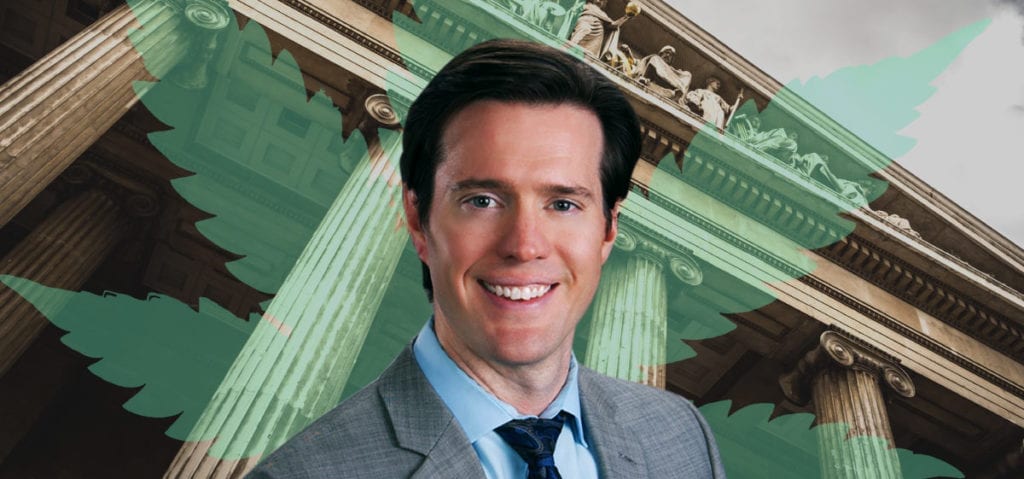
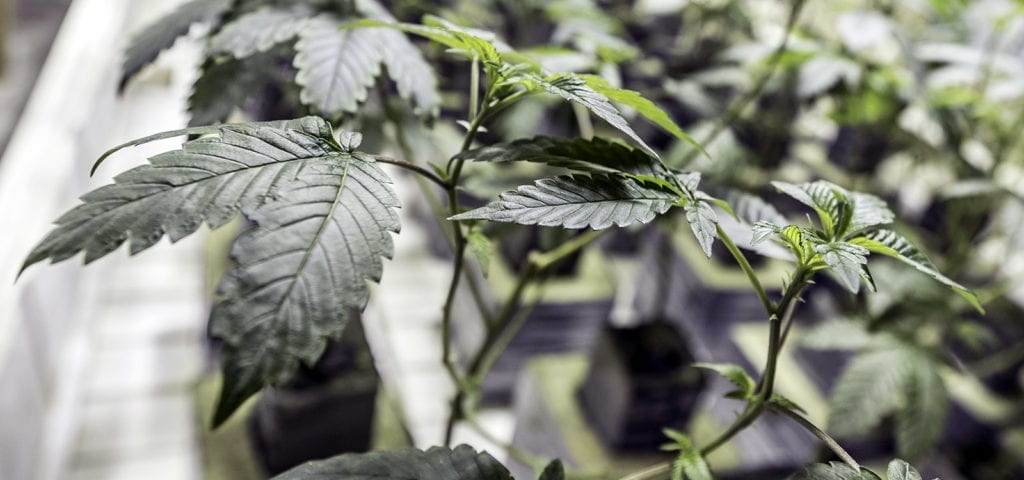



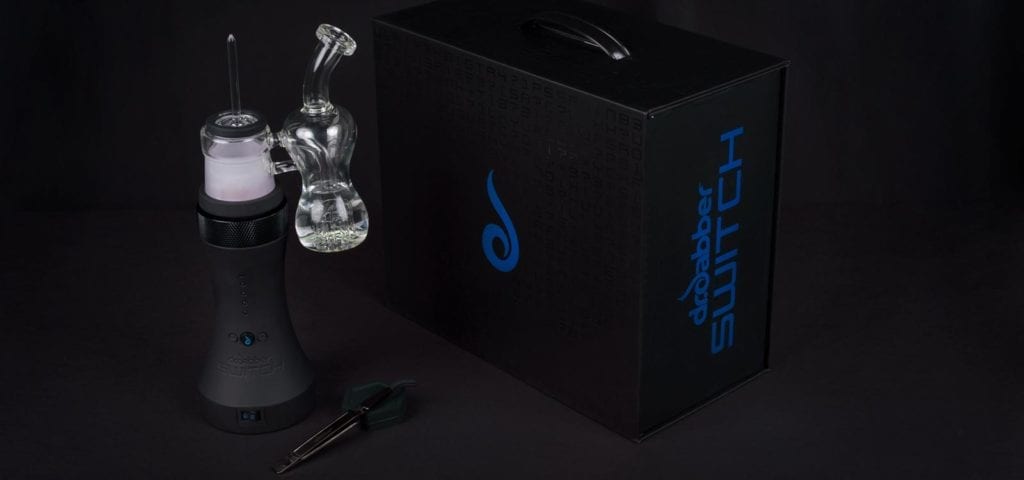
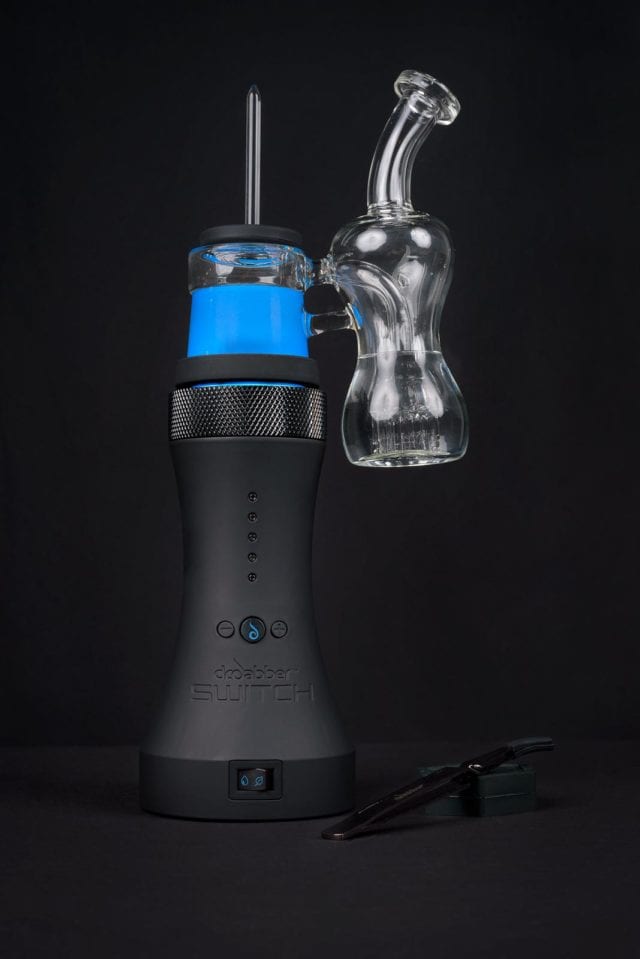
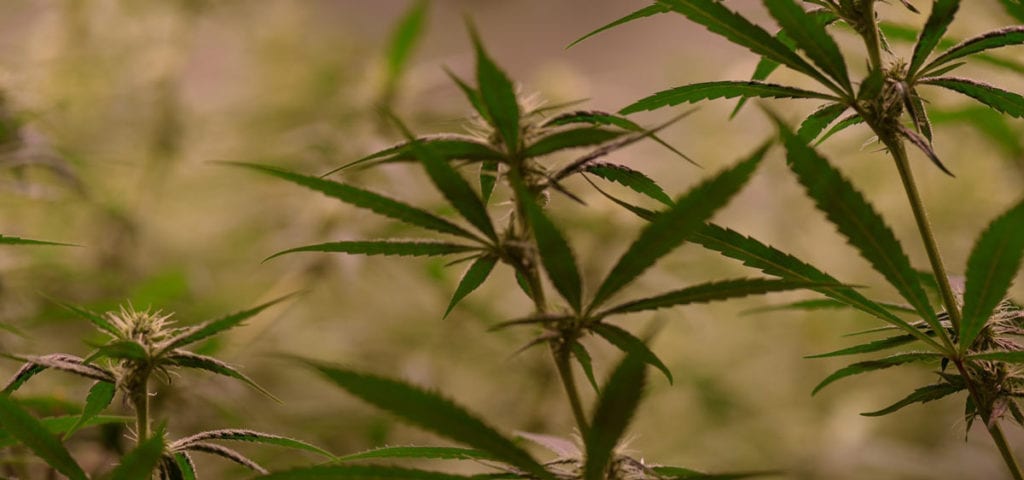




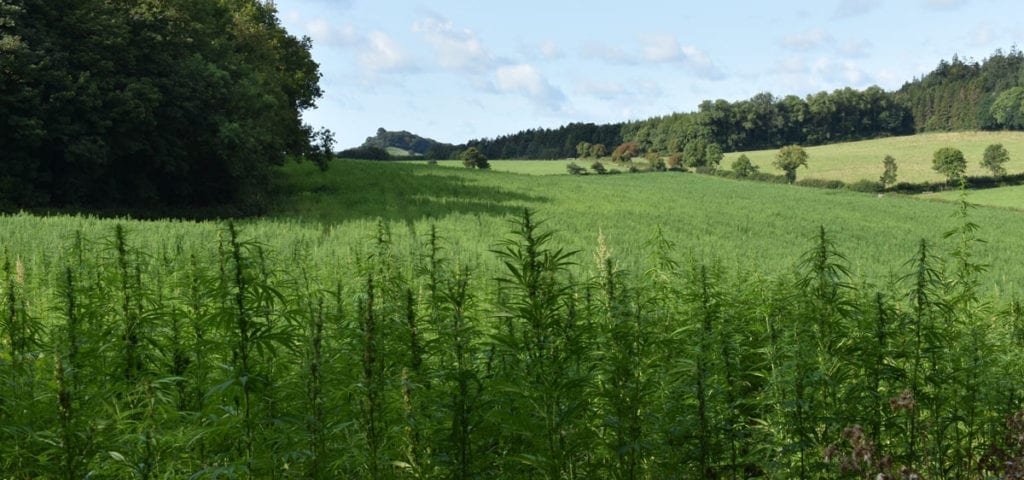
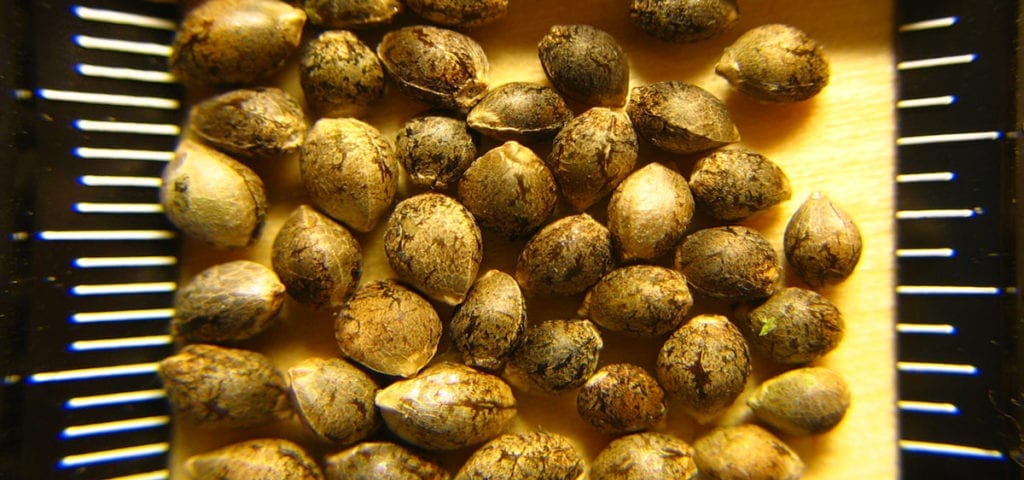



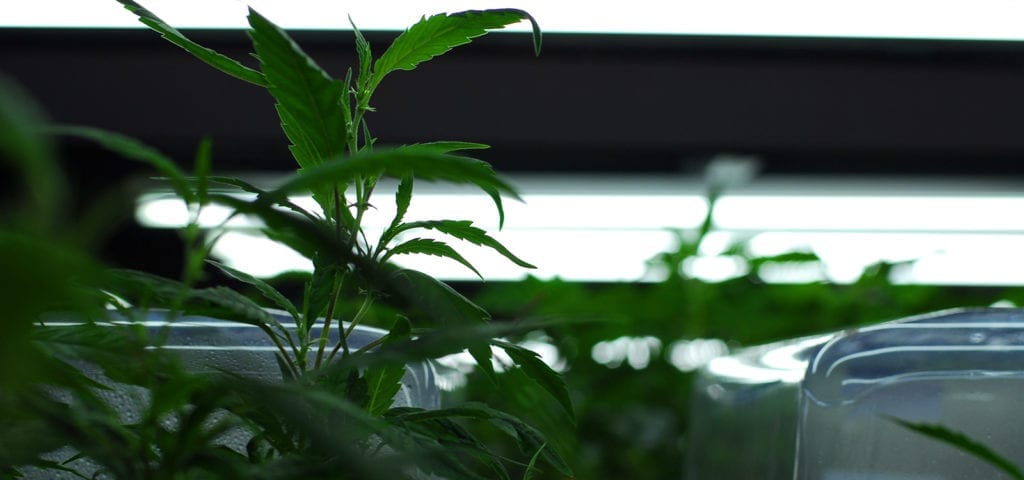
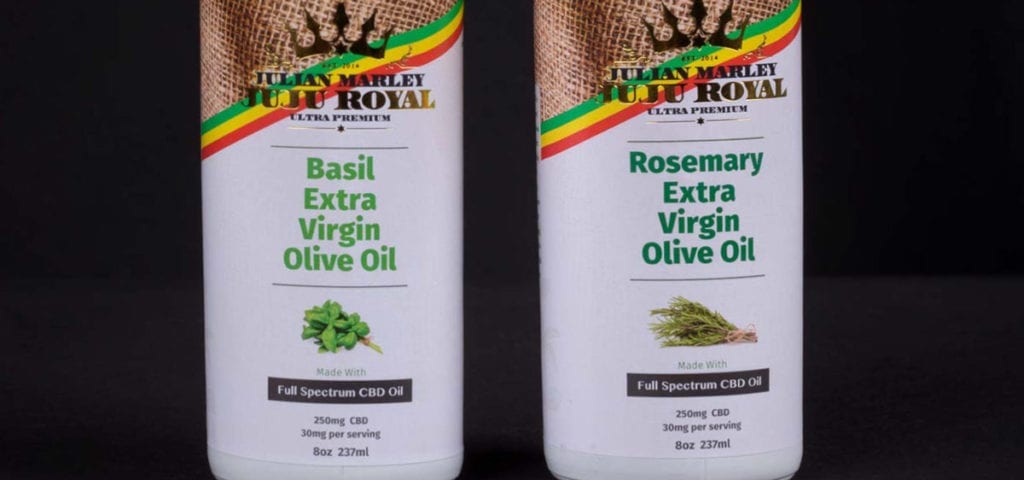
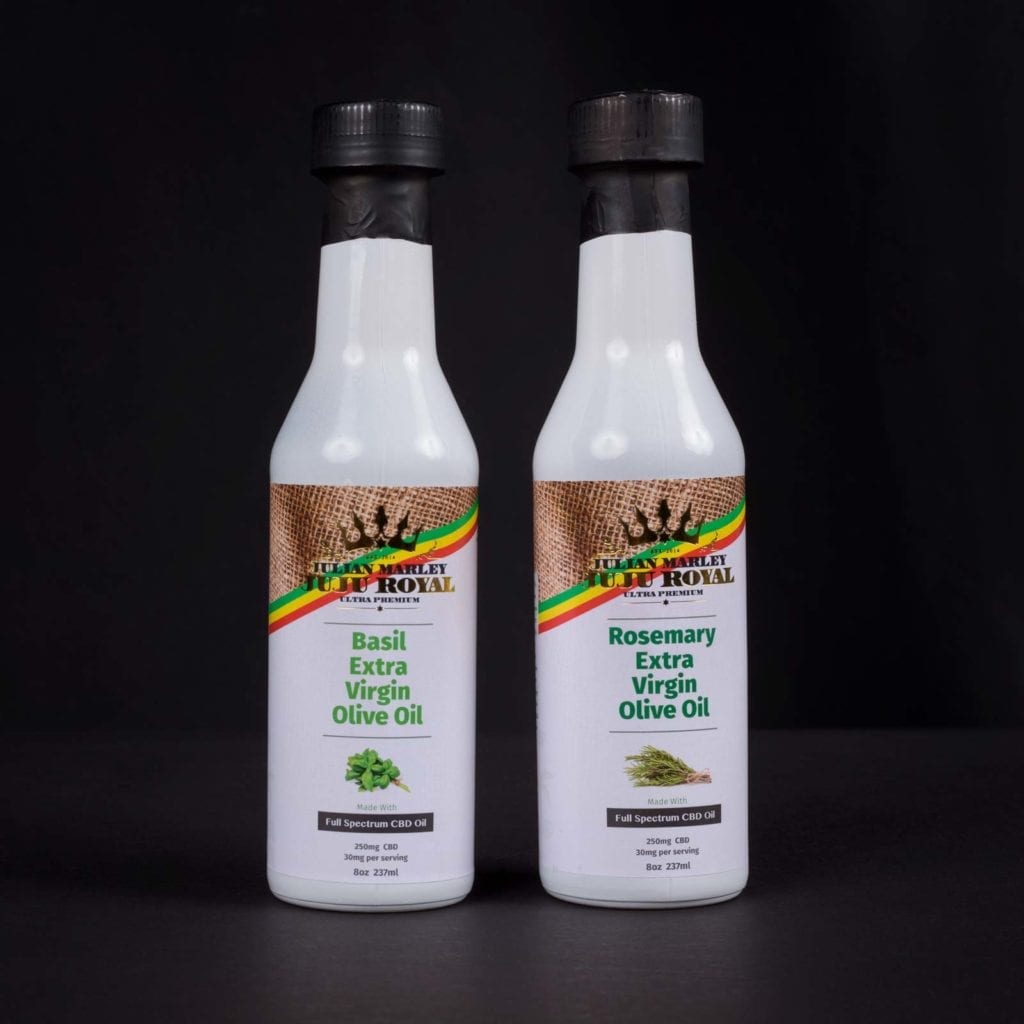
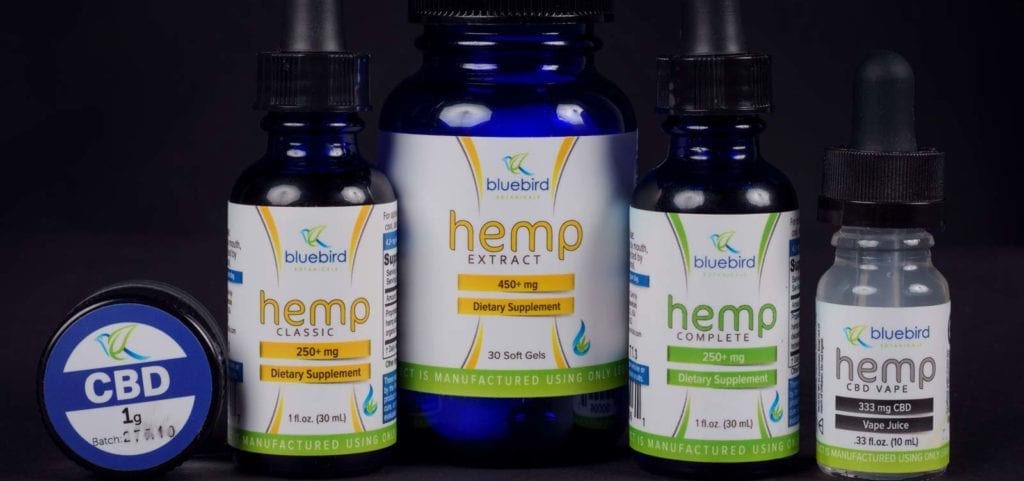
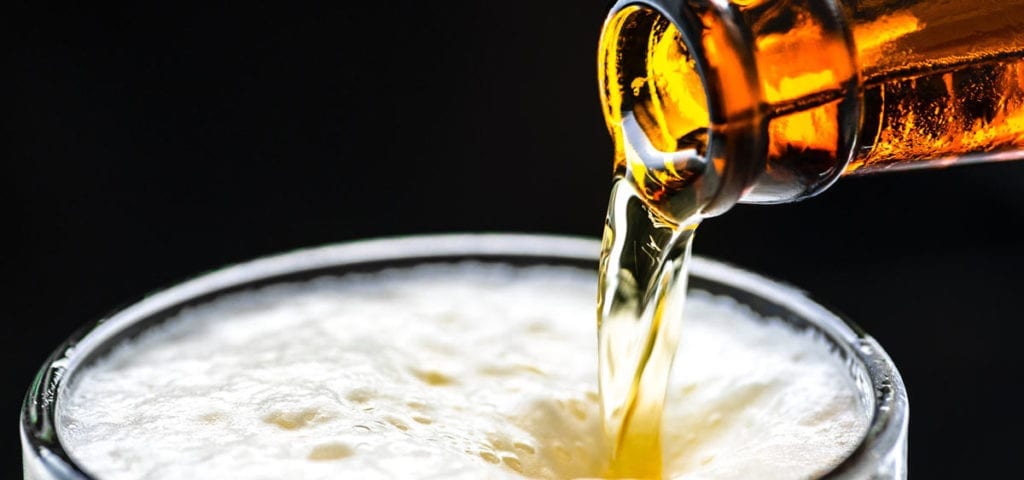
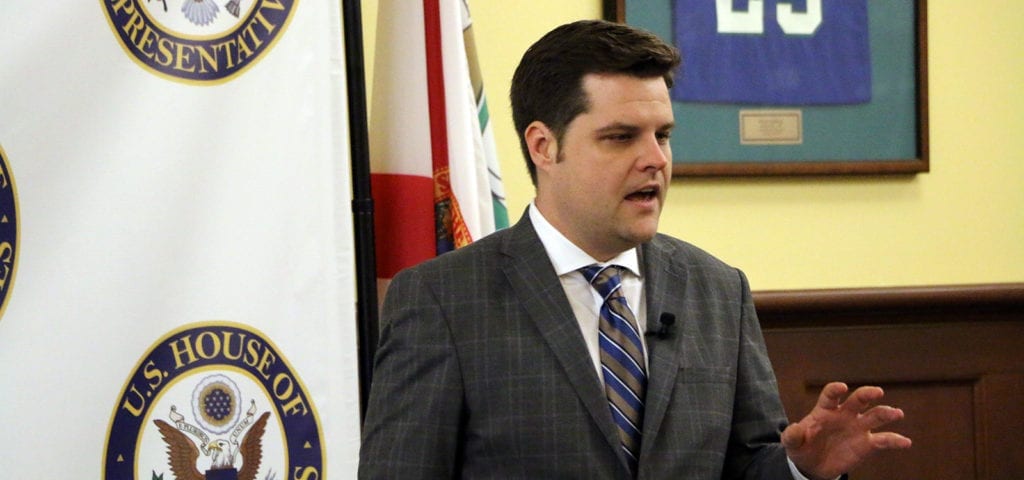

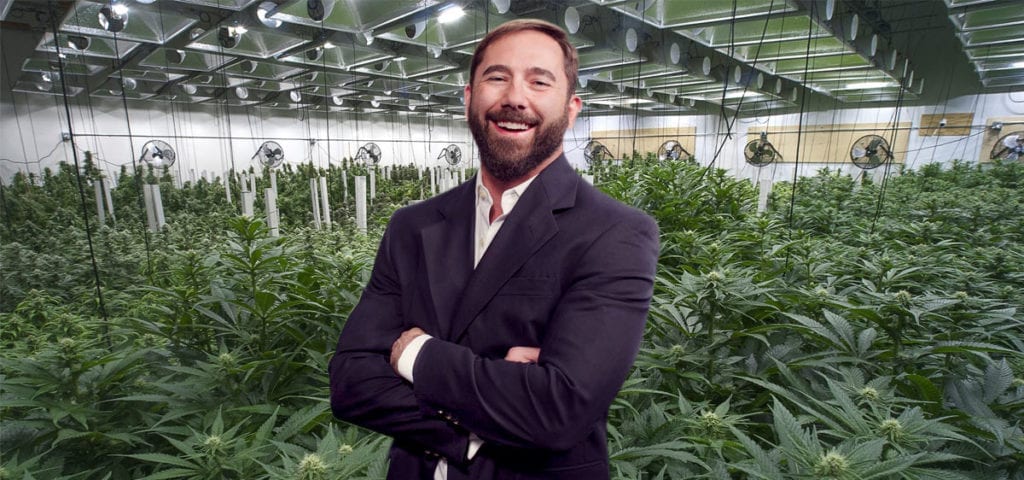

 We received an “Explorer’s Collection” edition of the Davinci MIQRO that comes with a wide variety of accessories and enhancements. Several stickers and fan gear including a Davinci-branded thumb drive, a micro grinder card, dry herb capsule, carrying case and cleaning supplies all shipped in an awesome wooden box that would be great to hold your cannabis supplies. Certainly, the swag that comes with the Explorer’s Collection makes the additional cost worth it.
We received an “Explorer’s Collection” edition of the Davinci MIQRO that comes with a wide variety of accessories and enhancements. Several stickers and fan gear including a Davinci-branded thumb drive, a micro grinder card, dry herb capsule, carrying case and cleaning supplies all shipped in an awesome wooden box that would be great to hold your cannabis supplies. Certainly, the swag that comes with the Explorer’s Collection makes the additional cost worth it.